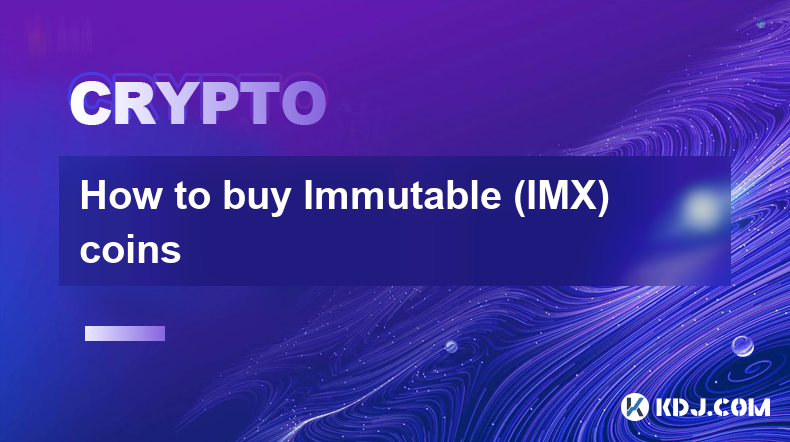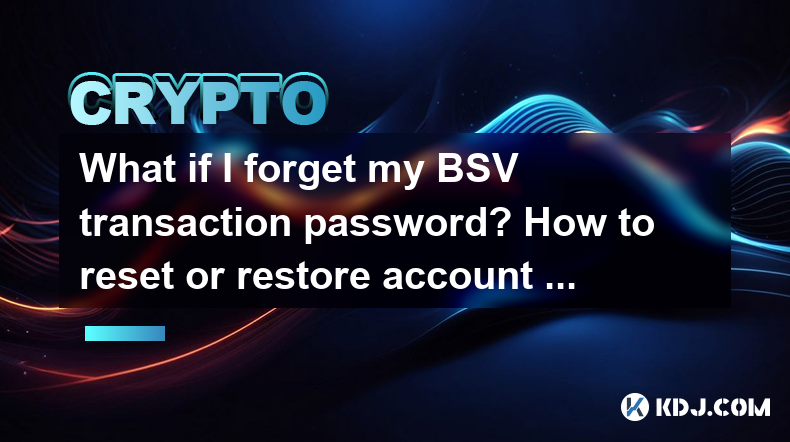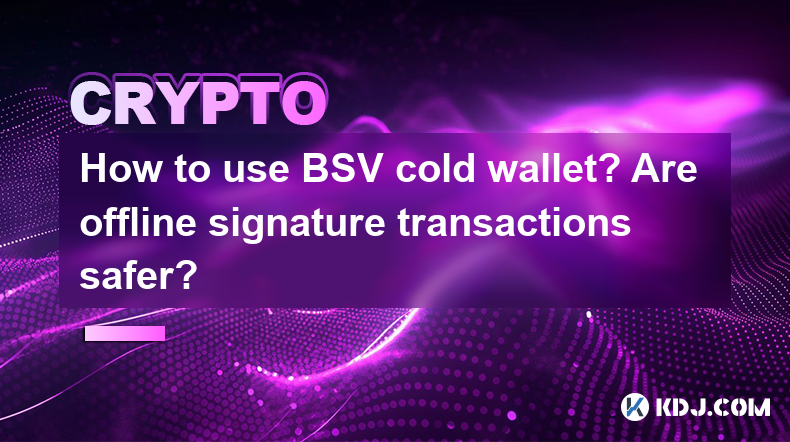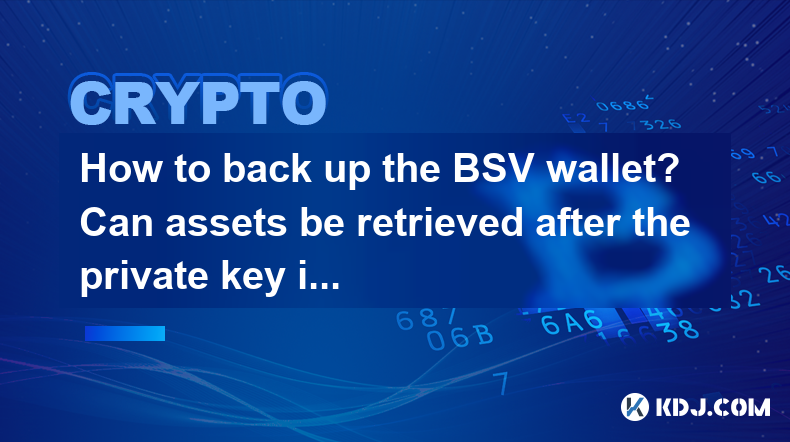-
 Bitcoin
Bitcoin $96,533.9930
-0.48% -
 Ethereum
Ethereum $1,838.4967
-0.24% -
 Tether USDt
Tether USDt $1.0003
0.01% -
 XRP
XRP $2.2150
-0.61% -
 BNB
BNB $600.1164
0.01% -
 Solana
Solana $148.4253
-1.51% -
 USDC
USDC $0.9999
0.00% -
 Dogecoin
Dogecoin $0.1807
-0.23% -
 Cardano
Cardano $0.7000
-1.48% -
 TRON
TRON $0.2491
1.80% -
 Sui
Sui $3.4498
-1.33% -
 Chainlink
Chainlink $14.5188
-1.90% -
 Avalanche
Avalanche $21.1184
-3.32% -
 Stellar
Stellar $0.2737
-1.09% -
 UNUS SED LEO
UNUS SED LEO $8.9248
-0.44% -
 Toncoin
Toncoin $3.1980
-0.94% -
 Shiba Inu
Shiba Inu $0.0...01335
-0.86% -
 Hedera
Hedera $0.1846
-1.28% -
 Bitcoin Cash
Bitcoin Cash $370.0496
0.47% -
 Hyperliquid
Hyperliquid $20.7249
0.88% -
 Litecoin
Litecoin $87.4324
-2.41% -
 Polkadot
Polkadot $4.1494
-1.32% -
 Dai
Dai $1.0000
0.03% -
 Bitget Token
Bitget Token $4.4108
0.25% -
 Monero
Monero $276.0234
-2.40% -
 Ethena USDe
Ethena USDe $1.0008
0.03% -
 Pi
Pi $0.5927
-0.46% -
 Pepe
Pepe $0.0...08573
-2.47% -
 Aptos
Aptos $5.4058
-1.38% -
 Uniswap
Uniswap $5.2245
-1.62%
How to buy Immutable (IMX) coins
To buy Immutable (IMX) coins, choose a reputable exchange, create an account, fund it, place a buy order for IMX on the desired trading pair, and store your tokens in a secure personal wallet for enhanced security.
Dec 13, 2024 at 09:03 pm

How to Buy Immutable (IMX) Coins
Immutable X (IMX) is an Ethereum Layer-2 scaling solution specifically designed for non-fungible tokens (NFTs). It offers instant confirmation times, zero gas fees, and scalability for NFT transactions, making it an attractive platform for developers and users alike. If you're interested in purchasing IMX tokens, follow these steps:
1. Choose a Reputable Cryptocurrency Exchange
Several cryptocurrency exchanges support IMX trading, including:
- Binance
- Coinbase
- Kraken
- OKX
- Huobi
Each exchange has its own strengths and weaknesses in terms of trading fees, security measures, and supported currencies. Choose an exchange that best meets your preferences and requirements.
2. Create an Exchange Account
Once you've selected an exchange, you'll need to create an account. This typically involves providing your personal information, such as your name, email address, and phone number. Some exchanges may also require identity verification, known as Know Your Customer (KYC) procedures.
3. Fund Your Account
Before you can purchase IMX, you'll need to deposit funds into your exchange account. Most exchanges support fiat currency deposits (e.g., USD, EUR) via bank transfer, credit/debit card, or third-party payment providers. You can also deposit cryptocurrencies from an external wallet.
4. Place a Buy Order for IMX
Once your account is funded, you can place a buy order for IMX. Navigate to the IMX trading pair (e.g., IMX/USDT) and specify the amount of IMX you wish to purchase. You can choose between market orders (executed immediately at the current market price) or limit orders (executed only when the price reaches a specified level).
5. Store Your IMX Tokens
After your purchase is complete, your IMX tokens will be credited to your exchange wallet. For enhanced security, consider withdrawing your tokens to a personal, non-custodial hardware or software wallet. This gives you full control over your assets and protects them from hacks or breaches on the exchange.
Additional Tips
- Research IMX: Before investing in IMX tokens, thoroughly research the project, including its technology, team, and roadmap. Understand the potential risks involved before making a purchase.
- Consider the Market Conditions: The price of IMX, like all cryptocurrencies, is subject to market fluctuations. Monitor the market closely and make informed decisions based on your own analysis and risk tolerance.
- Set a Budget: Determine how much you're willing to invest in IMX based on your financial situation and investment goals. Avoid investing more than you can afford to lose.
- Diversify Your Portfolio: Don't put all your eggs in one basket. Diversify your cryptocurrency portfolio by investing in a range of different assets, including Bitcoin, Ethereum, and other promising projects.
Disclaimer:info@kdj.com
The information provided is not trading advice. kdj.com does not assume any responsibility for any investments made based on the information provided in this article. Cryptocurrencies are highly volatile and it is highly recommended that you invest with caution after thorough research!
If you believe that the content used on this website infringes your copyright, please contact us immediately (info@kdj.com) and we will delete it promptly.
- US Central Intelligence Agency (CIA) Adopts Bitcoin as a Tool
- 2025-05-03 13:15:12
- Fartcoin (PRFT) Is at a Decisive Crossroads as Bulls Push for a Breakout
- 2025-05-03 13:15:12
- Kaia, formerly Klaytn, Announces Live Dune Dashboard, Revealing Some Mind-blowing Numbers
- 2025-05-03 13:10:12
- President Trump Offers Dinner to Top Holders of the $TRUMP Memecoin
- 2025-05-03 13:10:12
- BlockDAG Dominates with $224M Raised as ALGO Eyes 12% and KAS Aims for 18% — Is BlockDAG the Next Breakout King?
- 2025-05-03 13:05:14
- MicroStrategy (MSTR) Earns $5.8 Billion Profit on Its Bitcoin Investments
- 2025-05-03 13:05:14
Related knowledge

BSV transaction fees suddenly increased? How to adjust the handling fee to save costs?
May 02,2025 at 06:42am
Understanding BSV Transaction FeesBSV (Bitcoin SV) aims to fulfill the original vision of Bitcoin as a peer-to-peer electronic cash system. One of the key elements in this system is the transaction fee, which compensates miners for including transactions in the blockchain. Recently, users have noticed a sudden increase in BSV transaction fees, which can...

How to solve the high slippage of BSV transactions? How to choose between limit and market orders?
May 02,2025 at 09:01pm
High slippage can be a significant concern for traders dealing with Bitcoin SV (BSV) transactions. Slippage refers to the difference between the expected price of a trade and the price at which the trade is actually executed. This can occur in fast-moving markets or when there is low liquidity. To address this issue, understanding the mechanics of slipp...

How to check BSV transaction records? How to use the blockchain browser?
May 03,2025 at 06:50am
Checking BSV (Bitcoin SV) transaction records and using a blockchain browser are essential skills for anyone involved in the cryptocurrency space. These tools allow you to verify transactions, check wallet balances, and understand the flow of funds on the blockchain. This article will guide you through the process of checking BSV transaction records and...

What if I forget my BSV transaction password? How to reset or restore account permissions?
May 02,2025 at 02:49pm
Forgetting your BSV (Bitcoin SV) transaction password can be a stressful experience, but there are steps you can take to reset or restore your account permissions. This article will guide you through the process, ensuring you understand each step and potential solutions available to you. Understanding BSV Transaction PasswordsBSV transaction passwords a...

How to use BSV cold wallet? Are offline signature transactions safer?
May 02,2025 at 05:21am
Using a BSV (Bitcoin SV) cold wallet involves several steps to ensure the secure storage and management of your cryptocurrency. A cold wallet, also known as a hardware wallet or offline wallet, is a physical device that stores your private keys offline, making it much more secure than keeping your keys on a computer or mobile device connected to the int...

How to back up the BSV wallet? Can assets be retrieved after the private key is lost?
May 01,2025 at 11:50pm
Introduction to BSV Wallet BackupBacking up your BSV (Bitcoin SV) wallet is a crucial step in safeguarding your digital assets. The process involves securing your private keys, which are essential for accessing and managing your BSV. Understanding how to back up your wallet and the implications of losing your private key is vital for any cryptocurrency ...

BSV transaction fees suddenly increased? How to adjust the handling fee to save costs?
May 02,2025 at 06:42am
Understanding BSV Transaction FeesBSV (Bitcoin SV) aims to fulfill the original vision of Bitcoin as a peer-to-peer electronic cash system. One of the key elements in this system is the transaction fee, which compensates miners for including transactions in the blockchain. Recently, users have noticed a sudden increase in BSV transaction fees, which can...

How to solve the high slippage of BSV transactions? How to choose between limit and market orders?
May 02,2025 at 09:01pm
High slippage can be a significant concern for traders dealing with Bitcoin SV (BSV) transactions. Slippage refers to the difference between the expected price of a trade and the price at which the trade is actually executed. This can occur in fast-moving markets or when there is low liquidity. To address this issue, understanding the mechanics of slipp...

How to check BSV transaction records? How to use the blockchain browser?
May 03,2025 at 06:50am
Checking BSV (Bitcoin SV) transaction records and using a blockchain browser are essential skills for anyone involved in the cryptocurrency space. These tools allow you to verify transactions, check wallet balances, and understand the flow of funds on the blockchain. This article will guide you through the process of checking BSV transaction records and...

What if I forget my BSV transaction password? How to reset or restore account permissions?
May 02,2025 at 02:49pm
Forgetting your BSV (Bitcoin SV) transaction password can be a stressful experience, but there are steps you can take to reset or restore your account permissions. This article will guide you through the process, ensuring you understand each step and potential solutions available to you. Understanding BSV Transaction PasswordsBSV transaction passwords a...

How to use BSV cold wallet? Are offline signature transactions safer?
May 02,2025 at 05:21am
Using a BSV (Bitcoin SV) cold wallet involves several steps to ensure the secure storage and management of your cryptocurrency. A cold wallet, also known as a hardware wallet or offline wallet, is a physical device that stores your private keys offline, making it much more secure than keeping your keys on a computer or mobile device connected to the int...

How to back up the BSV wallet? Can assets be retrieved after the private key is lost?
May 01,2025 at 11:50pm
Introduction to BSV Wallet BackupBacking up your BSV (Bitcoin SV) wallet is a crucial step in safeguarding your digital assets. The process involves securing your private keys, which are essential for accessing and managing your BSV. Understanding how to back up your wallet and the implications of losing your private key is vital for any cryptocurrency ...
See all articles




















































































